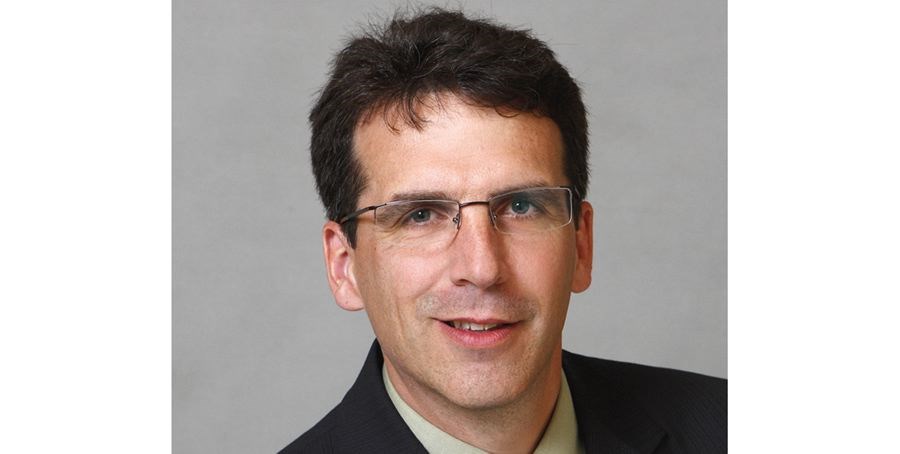The Welcome Wagon lady came around to the hospital room shortly after our first daughter was born.
We were promised a gift basket and a few freebies, which we quickly agreed to. A few days later, a kindly man came to our home and took pictures of our adorable little child. We still treasure those today.
Along the way, and insurance man came to our home as part of the welcome package. I shall never forget him, an impressive, very organized sort of fellow and excessively patient with me - which was a necessity.
He started out, as I have done thousands of times in my career since then, by tabulating the financial net worth of his proposed new client. This was cause for a big belly laugh.
He looked genuinely puzzled.
"Oh that's really easy," I exclaimed, "zero!"
He was resilient to my brushoff.
"Okay, if you must. Let's just take a few minutes and add together our assets and then we will subtract our liabilities and see where we stand.
"We have no money in the bank, the furniture you're sitting on was fished out of the garbage, you'll note that the legs on that couch are some of our old university textbooks. They're probably worth a couple hundred dollars.
"The car we are driving is on its last legs, rusting out, bald tires, high miles on the engine - perhaps worth another $500. My student loan is approaching $25,000 and we are not expecting an inheritance or any sort of windfall any time soon. By my calculations, that puts our net worth well into the negative. Still interested?
He was unfazed. I was about to graduate from university and the numbers spoke to things getting much better for us shortly. He was willing to grow with us. After coming back two or three times to try and put us on a plan, which we probably should've stuck to, he gave up. Honestly, a bag of potatoes was more important to us at that point in our lives.
Closer to the other end of life now, insurance is still a factor. Some don't realize that it can even being a game-changer for the financially independent. The recent federal budget proposed changes to the way some insurance policies calculate their tax-free payout. A few details follow:
Distributions involving
life insurance proceeds
A death benefit from a life insurance policy is generally not subject to income tax because the proceeds represent a pool of already-taxed funds and is meant to alleviate a hardship.
A private corporation may insure a person, but only the portion of the death benefit received that is in excess of the adjusted cost base (ACB) of the policy receives this sort of preferential tax treatment - paid to the company's capital dividend account (CDA). A private corporation may then elect to pay a capital dividend tax-free to shareholders.
Some taxpayers have structured their affairs so that the calculation of the amount that can be added to the CDA may not apply as intended, resulting in an artificial increase in a corporation's CDA balance. This allows the corporation to pay a larger tax-free capital dividend to its shareholders.
The budget proposes to amend the Income Tax Act to ensure that the CDA rules for private corporations apply as intended, and to apply similar rules to partnership interests. This measure will apply to policy benefits received as a result of a death that occurs on or after March 22, 2016.
Transfers of policies
Where a policyholder disposes of an interest in a life insurance policy to an arm's length person, the fair market value is included in computing the proceeds of disposition.
In contrast, where a policyholder disposes of such an interest to a non-arm's length person, a special rule (the "policy transfer rule") deems the exchange value to be the cash surrender value of the policy.
In this latter case, the funds received by the policyholder in excess of the cash surrender value is not taxed as income under the rules. In addition, this excess will not be added to the ACB of the policy for the transferee.
Where the policy benefit is received by a private corporation and the proceeds in excess of the policy's ACB is added to the corporation's CDA, an amount can be paid tax-free to that corporation's shareholders. Where this is the case, the amount of the excess is effectively extracted from the private corporation a second time as a tax-free, amount.
The budget proposes amendments to the Income Tax Act to ensure that amounts are not inappropriately received tax-free by a policyholder as a result of a disposition of an interest in a life insurance policy. This measure will apply to dispositions that occur on or after March 22, 2016.
The budget also proposes to amend the CDA rules for private corporations, a subject for a future, separate submission.
As always, this article is not meant as individualized tax or legal advice. Readers should consult their own tax professionals before proceeding with a strategy.
Mark Ryan is an advisor with RBC Wealth Management, Dominion Securities (member CIPF) and can be reached at [email protected], or by calling 250-960-4927.



